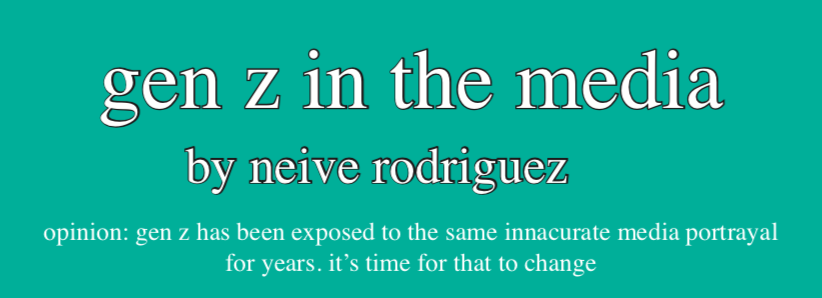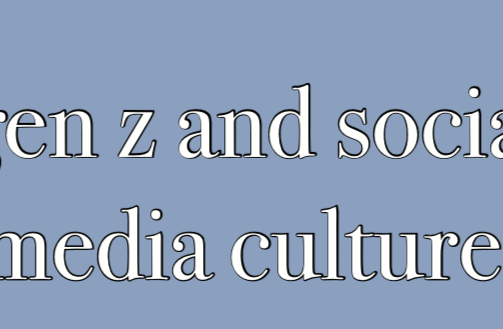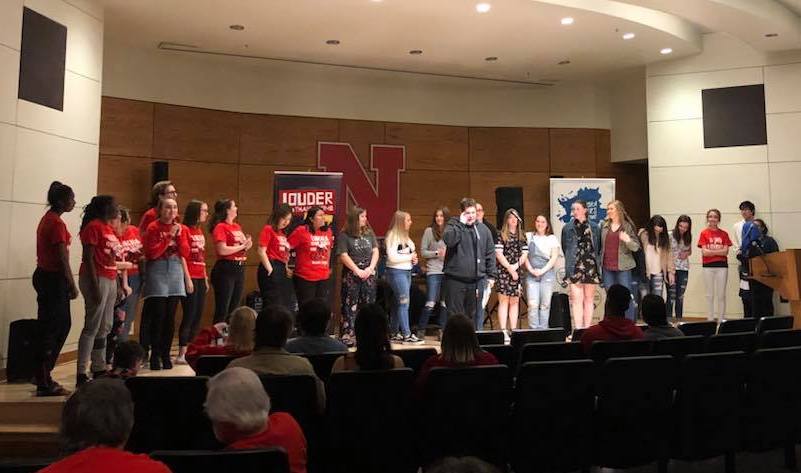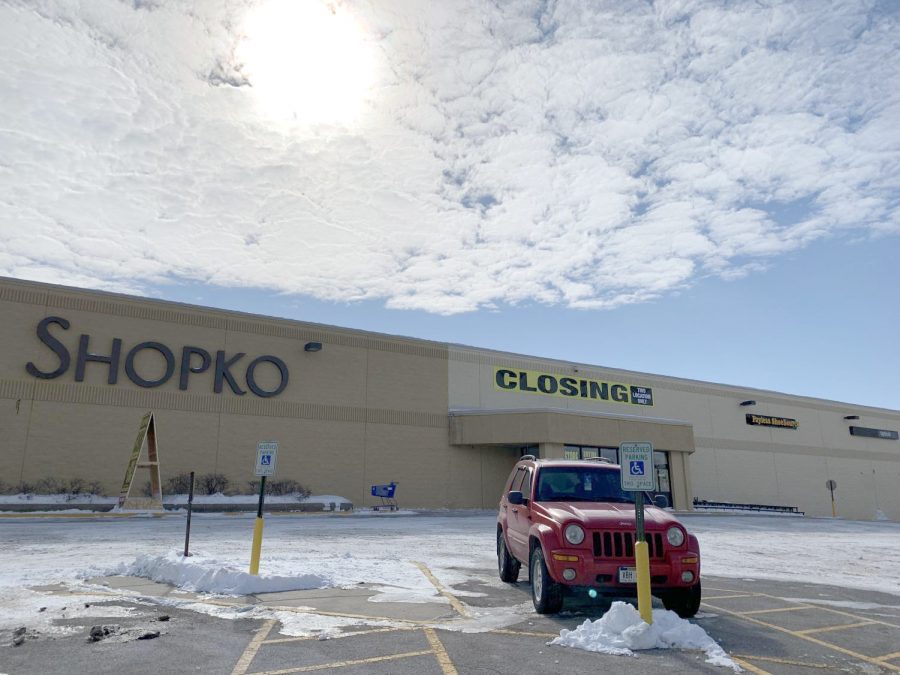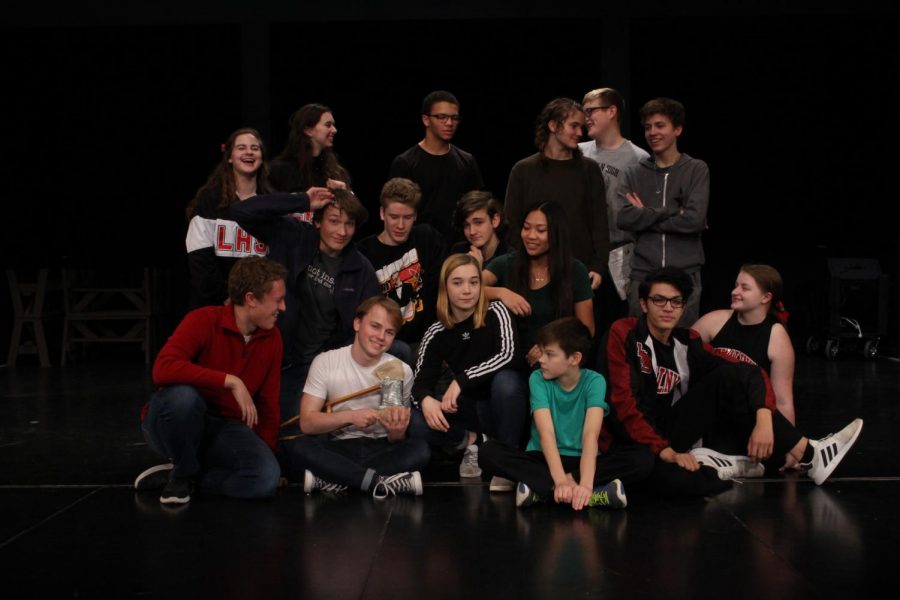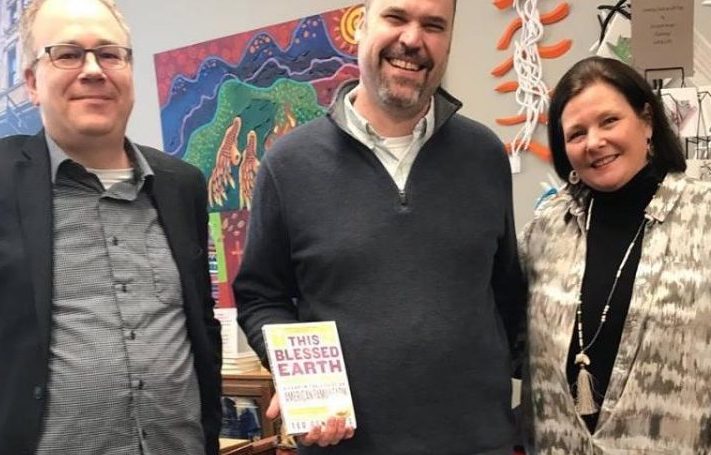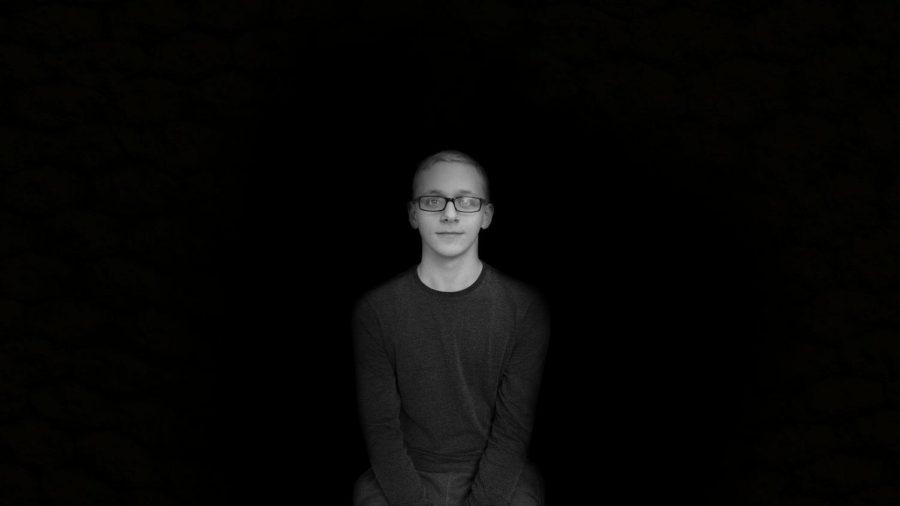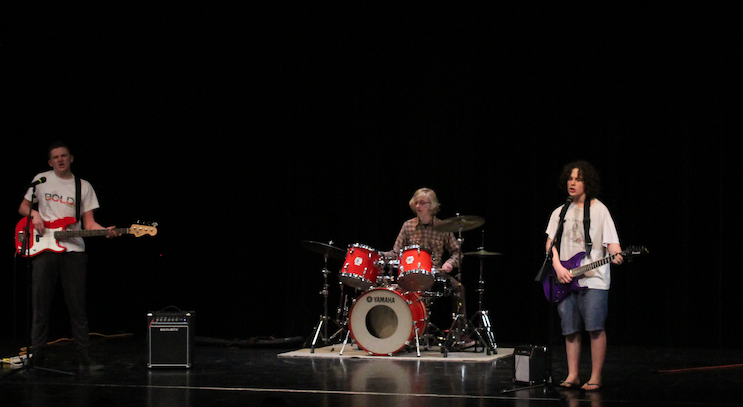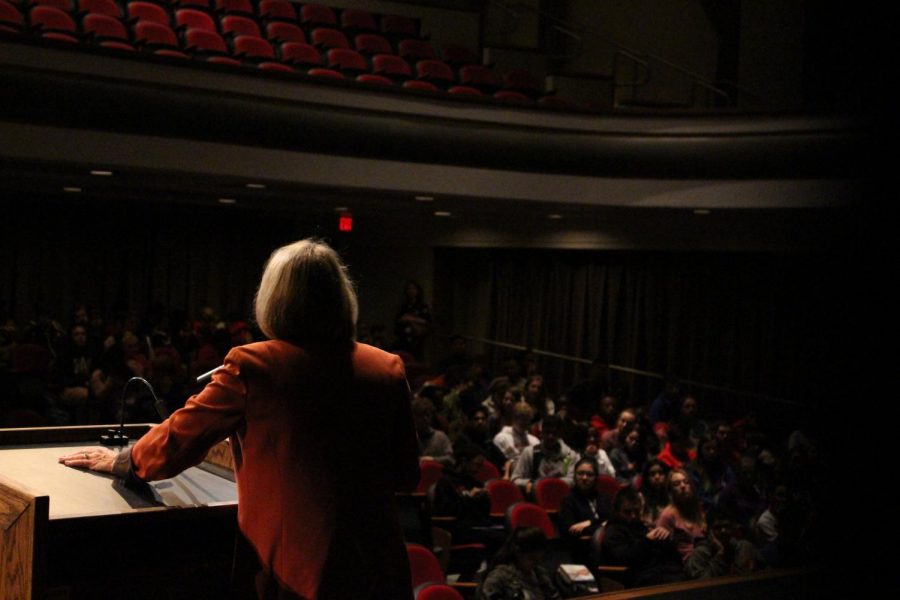By Neive Rodriguez
Often, we look back at our childhoods with fondness. The TV shows we grew up watching, the games we played, the music we listened to and the toys we wanted have a huge impact on our lives as we grow up. Though there are many differences we may have, it rarely fails that we can’t relate with one another through these nostalgic memories.
However, we look at the future with uncertainty and worry. What if our ACT scores are not high enough? What if we fail to reach our parent’s expectations? What if we can never find a career that highlights our passions? In a constantly accelerating world, the pressure high school students face grows and grows, and a highly divisive political climate simmers. We are told that the future is in our hands.
People born from the mid ‘90s to 2011 are considered Generation Z, the children of Generation X (born 1965- 1980) and the following generation after Millennials (early ‘80s to mid ‘90s).
In the following stories, we are focusing on the past, present, and future of Gen Z and how we are represented in the media. The Advocate held several seminars with various classrooms to gather many different perspectives about these topics, as well as online forums, and selected a diverse group of students to gain insight into the true reality of being a teenager and what it means to be a part of Generation Z.
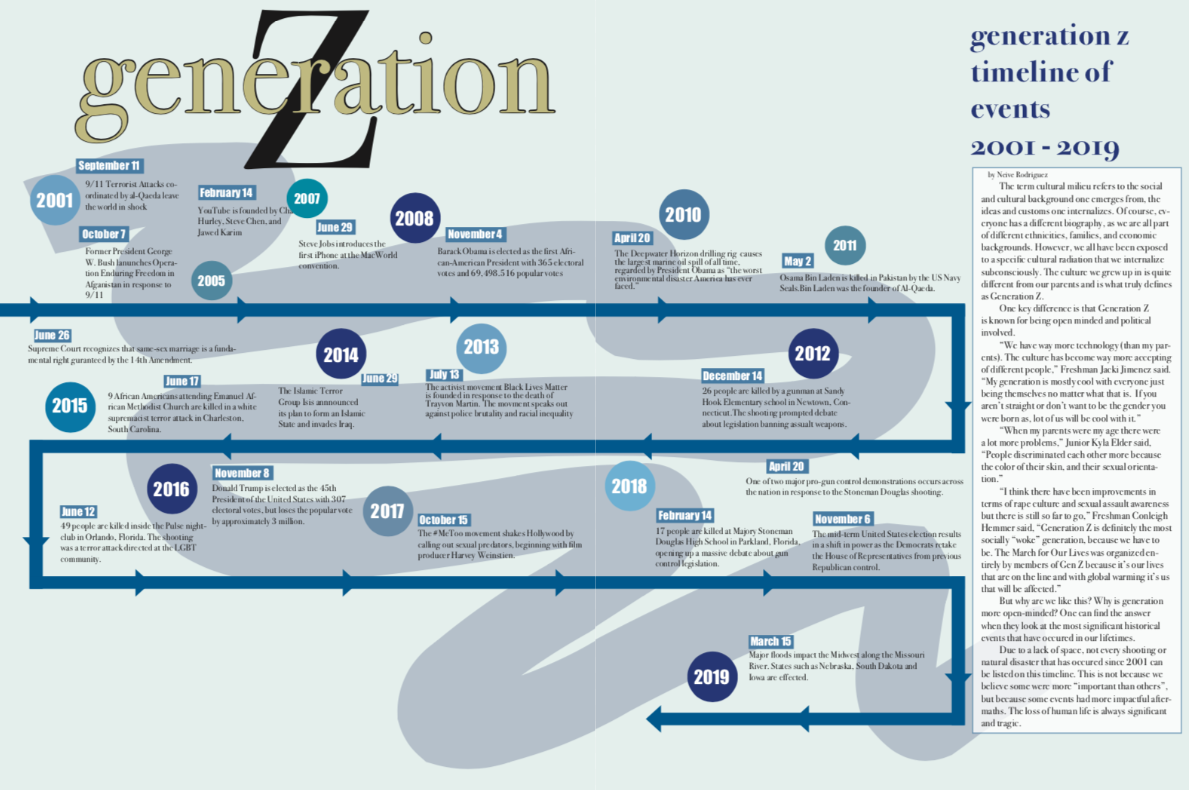
Article from the graphic:
The term cultural milieu refers to the social and cultural background one emerges from the ideas and customs one internalizes. Of course, everyone has a different biography, as we are all part of different ethnicities, families, and economic backgrounds. However, we all have been exposed to a specific cultural radiation that we internalize subconsciously. The culture we grew up in is quite different from our parents and is what truly defines as Generation Z.
One key difference is that Generation Z is known for being open minded and political involved.
“We have way more technology [than my parents]. The culture has become way more accepting of different people,” sophomore Jacki Jimenez said. “My generation is mostly cool with everyone just being themselves no matter what that is. If you aren’t straight or don’t want to be the gender you were born as, lot of us will be cool with it.”
“When my parents were my age there were a lot more problems,” senior Kyla Elder said, “People discriminated each other more because the color of their skin, and their sexual orientation.”
“I think there have been improvements in terms of rape culture and sexual assault awareness but there is still so far to go,” sophomore Conleigh Hemmer said. “Generation Z is definitely the most socially “woke” generation, because we have to be. The March for Our Lives was organized entirely by members of Gen Z because it’s our lives that are on the line and with global warming it’s us that will be affected.”
But why are we like this? Why is generation more open-minded? One can find the answer when they look at the most significant historical events that have occurred in our lifetimes.
Due to a lack of space, not every shooting or natural disaster that has occurred since 2001 can be listed on this timeline. This is not because we believe some were more important, but because some events had more impactful aftermaths. The loss of human life is always significant and tragic.


